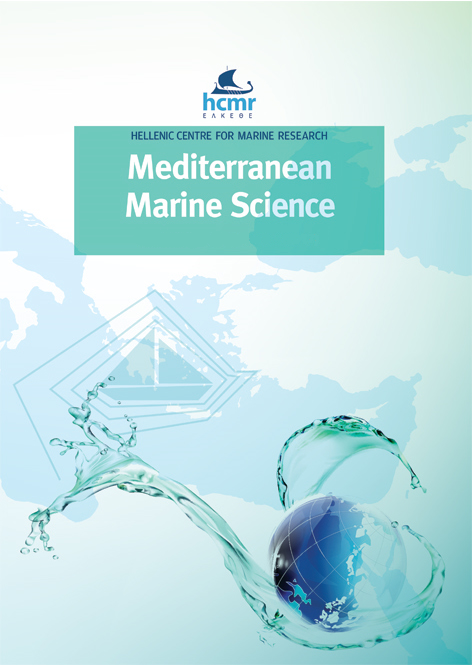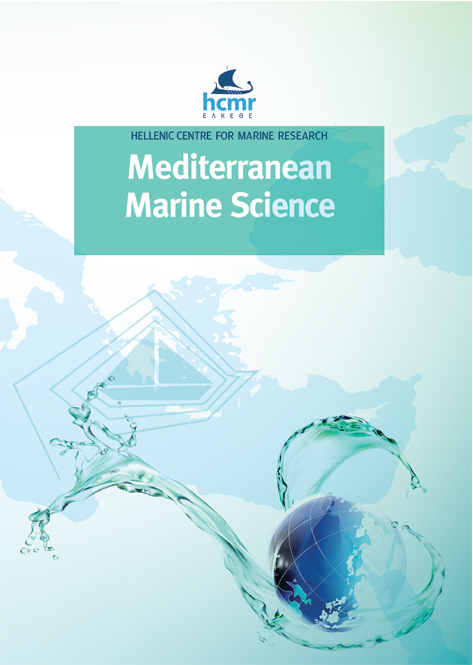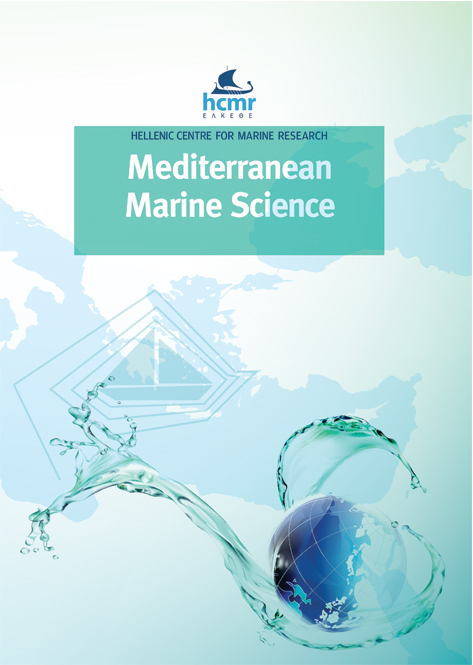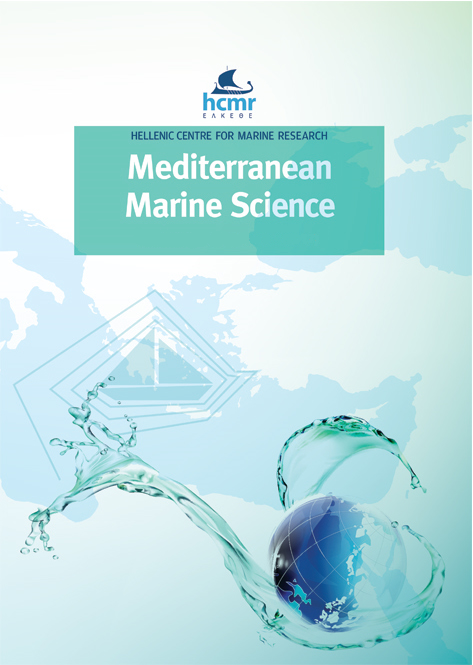Double trouble. A cryptic first record of Berghia marinae Carmona, Pola, Gosliner, & Cervera 2014 in the Mediterranean Sea
Résumé
In 2014, Berghia marinae Carmona, Pola, Gosliner & Cervera, 2014 from Senegal was described along with the revision of the genus Berghia Trinchese, 1877. In this study, we establish a second record for the senegalese species B. marinae in the Mediterranean Sea, 4,000 Km away from its type location. The morphological mismatch from the original description hampered its identification, and thus, a molecular approach was needed. Multilocus phylogenetic trees were inferred from Maximum-likelihood and Bayesian analyses based on partial DNA sequences of the mitochondrial cytochrome c oxidase subunit I and 16S rRNA genes, and the nuclear gene histone-3. Species delimitation analyses were performed to support the phylogenetic results and a new morphological description is provided complementing earlier information on this barely known species.
Article Details
- Comment citer
-
GALIÀ-CAMPS, C., CARMONA, L., CABRITO, A., & BALLESTEROS, M. (2020). Double trouble. A cryptic first record of Berghia marinae Carmona, Pola, Gosliner, & Cervera 2014 in the Mediterranean Sea. Mediterranean Marine Science, 21(1), 191–200. https://doi.org/10.12681/mms.20026
- Numéro
- Vol. 21 No 1 (2020)
- Rubrique
- Research Article
Authors who publish with this journal agree to the following terms:
- Authors retain copyright and grant the journal right of first publication with the work simultaneously licensed under a Creative Commons Attribution Non-Commercial License that allows others to share the work with an acknowledgement of the work's authorship and initial publication in this journal.
- Authors are able to enter into separate, additional contractual arrangements for the non-exclusive distribution of the journal's published version of the work (e.g. post it to an institutional repository or publish it in a book), with an acknowledgement of its initial publication in this journal.
- Authors are permitted and encouraged to post their work online (preferably in institutional repositories or on their website) prior to and during the submission process, as it can lead to productive exchanges, as well as earlier and greater citation of published work (See The Effect of Open Access).








